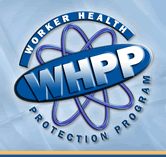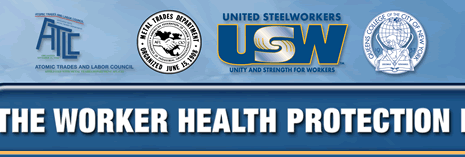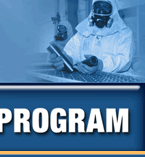


Asbestos Asbestos is a naturally occurring, fibrous mineral, which was used widely in industrial, commercial, and residential structures, as well as in particular industries like shipbuilding and textiles. Being naturally fire-resistant, asbestos was widely used in building and insulation. Asbestos was largely phased out of production by the 1980's in the U.S., though there is much asbestos still in place in buildings. Many workers handled asbestos before it was phased out. People can still come into contact with asbestos in building materials, especially during remodeling when old, damaged walls, ceilings and pipe fittings are repaired or removed. As asbestos ages, it eventually becomes loose and "friable" (crumbly and easily disturbed). When asbestos-containing wallboard or ceiling tiles are undamaged, the asbestos fibers do not become airborne and do not pose a health risk. However, when asbestos becomes friable, it is easily dispersed into the air, and can then be inhaled by workers. Once inhaled, its fibers can become lodged in the delicate tissues of the lung. Many of these fibers reside in the lungs for the remainder of the person's life. Others enter the bloodstream and end up in other tissues. Asbestos can cause scarring and cancer in the chest and selected cancers elsewhere in the body. Factors that affect whether or not you were harmed by your exposure include how much asbestos you came into contact with, and for how long that contact lasted. If you had a significant exposure to asbestos, you are at risk for asbestosis (scarring of the lungs) which can cause chest pain and difficulty breathing. You are also at risk for several types of cancers, including mesothelioma, and cancers of the gastrointestinal system, throat, kidney, and lung. Your risks of getting some of these cancers are greatly increased if you are a smoker, so it is a good idea to stop smoking now. An examination by a doctor trained to recognize signs of disease can help you identify some of the effects asbestos may have had on your health. A doctor can advise you on what you can do to reduce risks to your health, can answer your questions, and refer you for additional testing if needed. QUESTIONS? Call us toll-free: 1-888-241-1199. |